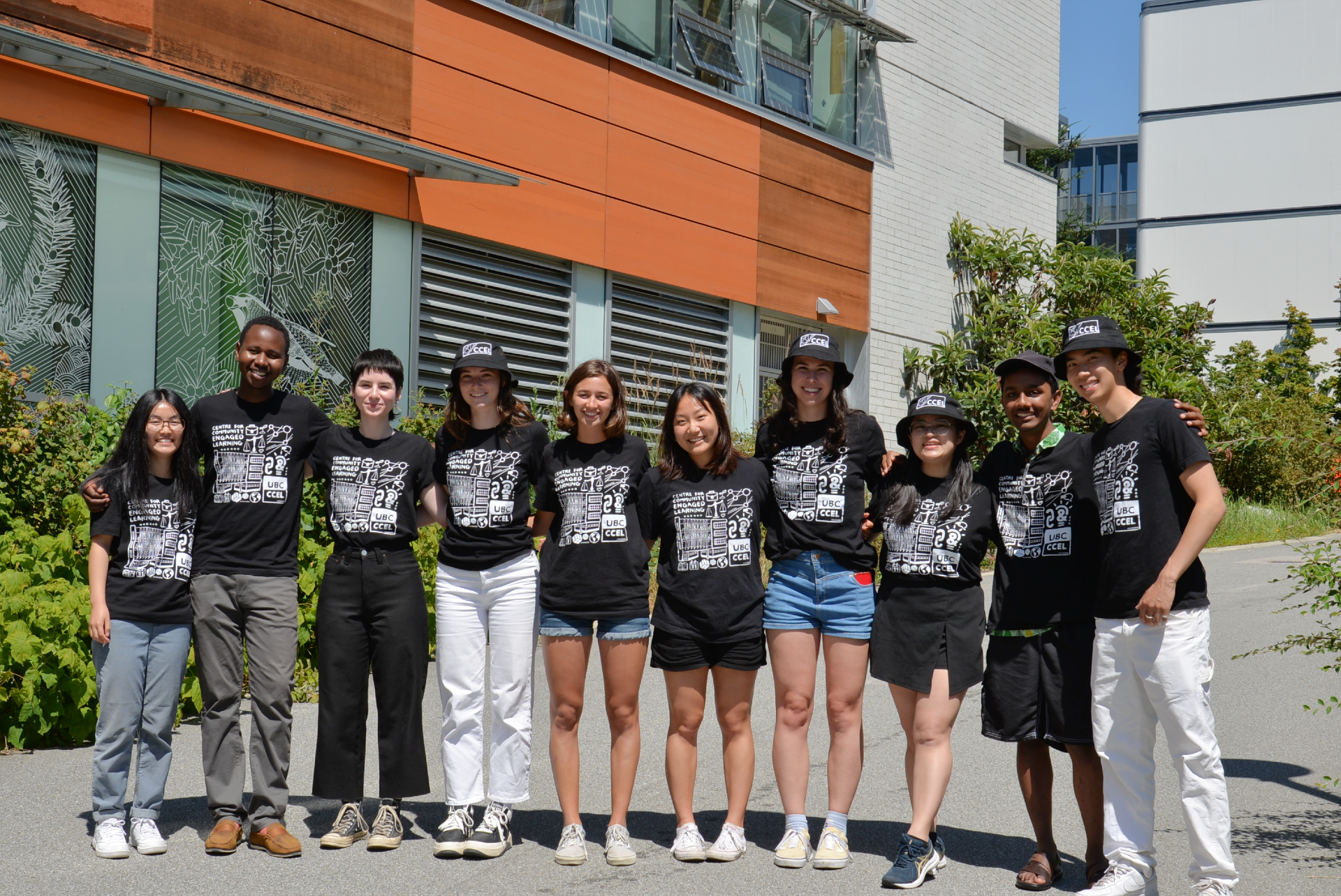
Climate Action Mobilizer Project (2021-2023)
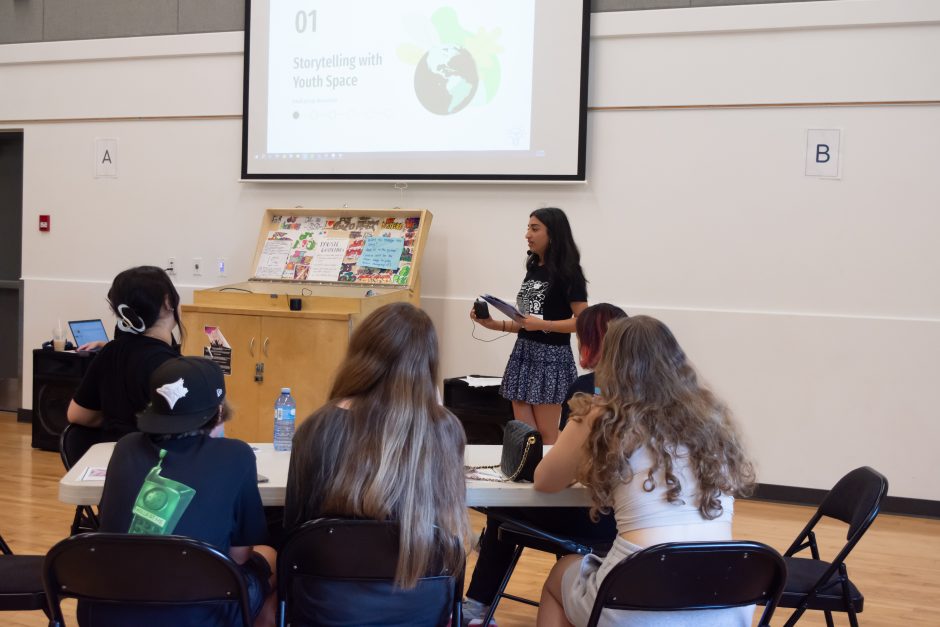
The UBC Centre for Community Engaged Learning’s (CCEL) 2-year Climate Action Mobilizers (CAM) Project enabled UBC students to tackle climate justice inequities and the climate emergency. It combined CCEL’s Social Impact Lab methodology for creating social change and ethical engagement, with the UBC Collaborative for Advanced Landscape Planning (CALP) tools to catalyze local climate action. The Climate Action Mobilizers Project was funded by the UBC Climate Emergency Fund and ended in August 2023.
Learn more about partnering with CCEL at: Centre of Community Engaged Learning (CCEL)
Climate Action Mobilizers (CAM) Impact
Events
- 38 Climate Action Mobilizer Events
- 5 Collaborative Events
Engagement
- Over 1200 Participants
- 16 Neighbourhoods engaged
- Over 50 community and UBC partners
- Over 1000 people engaged at 10 boothing events
- 1,703 Instagram followers
- 35,359 TikTok video views
Participant Outcomes
- 62 climate action goals co-created by participants
- 87.5% are more confident talking to community about climate change
- 90.5% are better connected to local climate action resources and organizations.
- 83.3% feel the event increased the community’s resilience in the face of climate change.
- 89.9% feel they were provided an opportunity to connect with others interested in climate issues.
- 92.5% have an increased understanding of the importance of building inclusive community networks to address the climate emergency
- 91.4% have an increased understanding of diverse lived experiences and how marginalized groups are more at risk of climate change.
CAM Team Outcomes
100% of Fall 2022 and Summer 2023 CAM teams agreed that their CAM Project experience has…
- Provided the skills and knowledge to help them understand impacts of climate change and the means of identifying potential local solutions.
- Gave them opportunities to work with community members, and community and campus organizations to address impacts of climate change.
- Provided an inclusive support network where their contributions and ideas are encouraged and respected.
- Increased their understanding of the value of local community contexts and knowledge.
- Given them opportunities to support the development of impactful local climate action projects.
Climate Action Mobilizers (CAM) Team
Climate Action Mobilizers collaborated with neighborhoods and local communities to develop and implement climate action projects addressing the climate crisis. This allowed them to leverage their knowledge and skills and develop their leadership capacity as they worked with community members to analyze complex issues and co-create innovative climate action projects. This work supported cross-community, interdisciplinary action for collective impact.
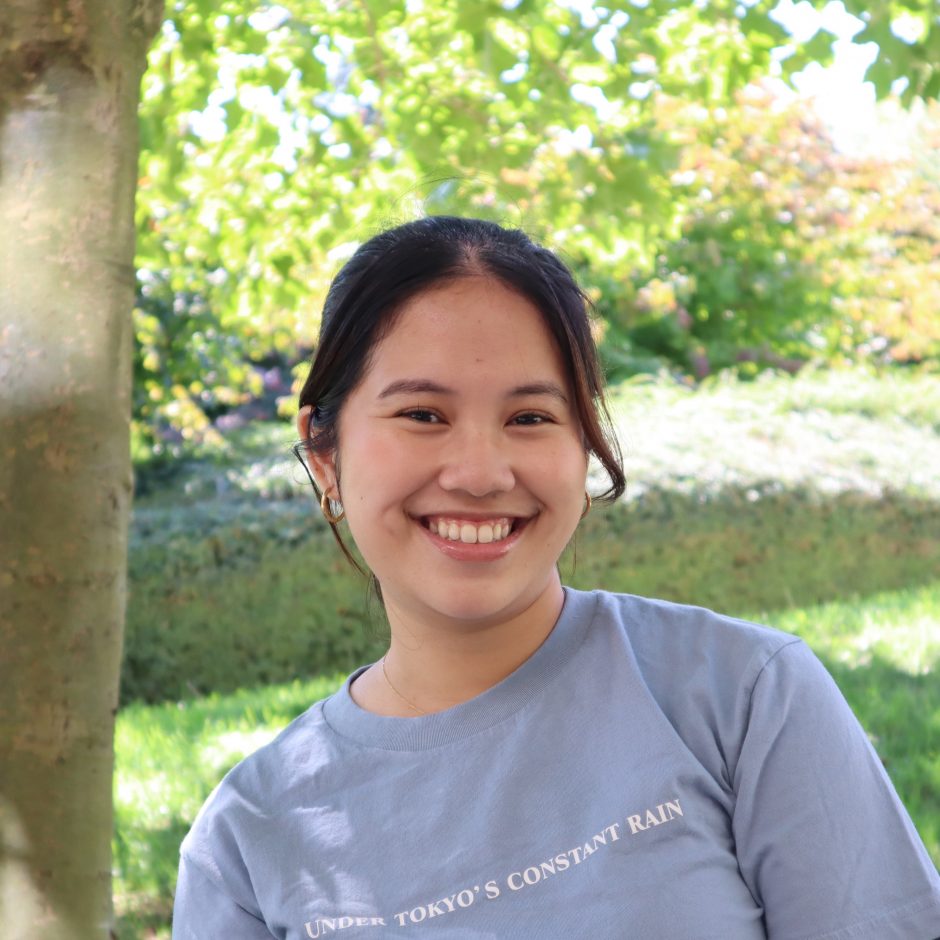
Andie Bartolome
Faculty of Economics
Helping coordinate the logistics of the CHC workshops led to me realizing that climate education and more broadly, education is something I want to pursue professionally. Previously, I was unsure of what field I wanted to work in. Being able to work directly with community members on climate education and community projects allowed me to witness the impact of empowering others with education to improve their circumstances.
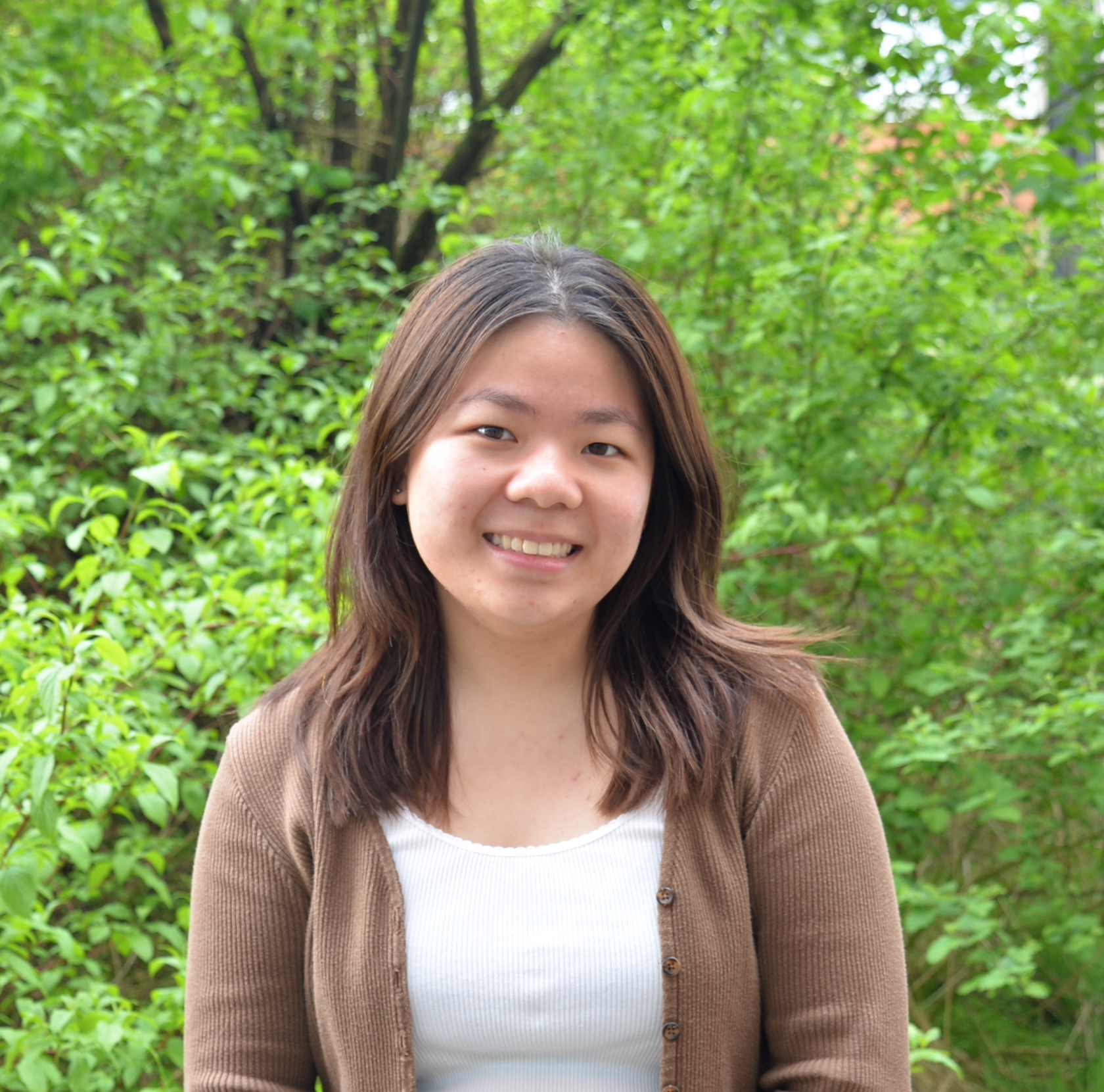
Adrienne Tang
Faculty of Arts
The CAM project truly provided me with connections to Community Partners, both on and off campus, and opportunities to truly know what they need and take a step back to understand and address what social and climate issues they’re facing, what goals they’re looking for. Having these connections as a social asset for me, as well as learning and developing the attitudes that come with the idea of community engagement, allows me to pursue further education in areas where I can ethically engage with communities, whether it be in political science or sociology.
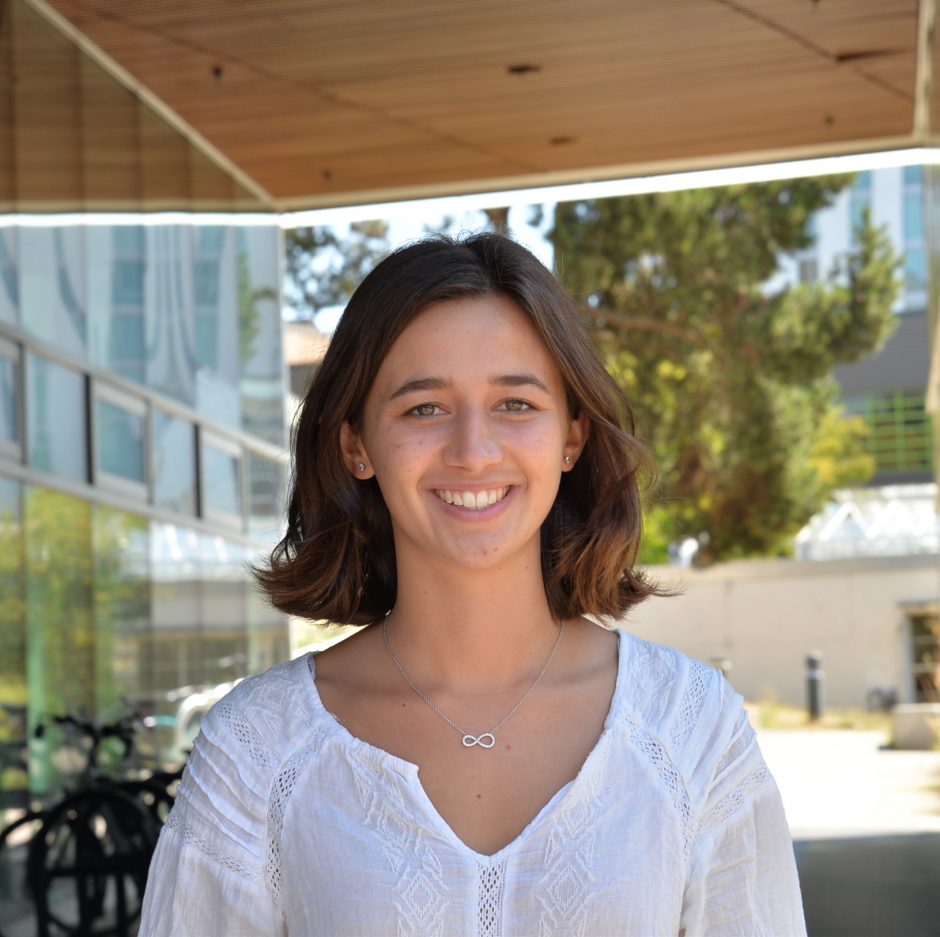
Isabella Montecalvo
Faculty of Arts
I was really privileged to have a lot of opportunities come out of working as a CAM. For example I was interviewed and invited as a speaker on various occasions. I also had the immense privilege and opportunity to be on the Climate Justice Advisory Committee, and focused on refining and working on UBC’s Climate Justice Vision, which was a really great opportunity to apply everything I’d learned in CAM to UBC’s framework.

Maya Beakhouse
Faculty of Land and Food Systems
I feel connected to the communities we engaged with, and I feel like I better understand how climate change impacts the everyday life of people in these communities. As someone interested in urban planning, I have learned about the concept of asset-based community development (ABCD) in many of the classes I have taken, but as a CAM I got to actually experience real-world applications of ABCD and participatory planning, especially through the Bakerview workshop series.
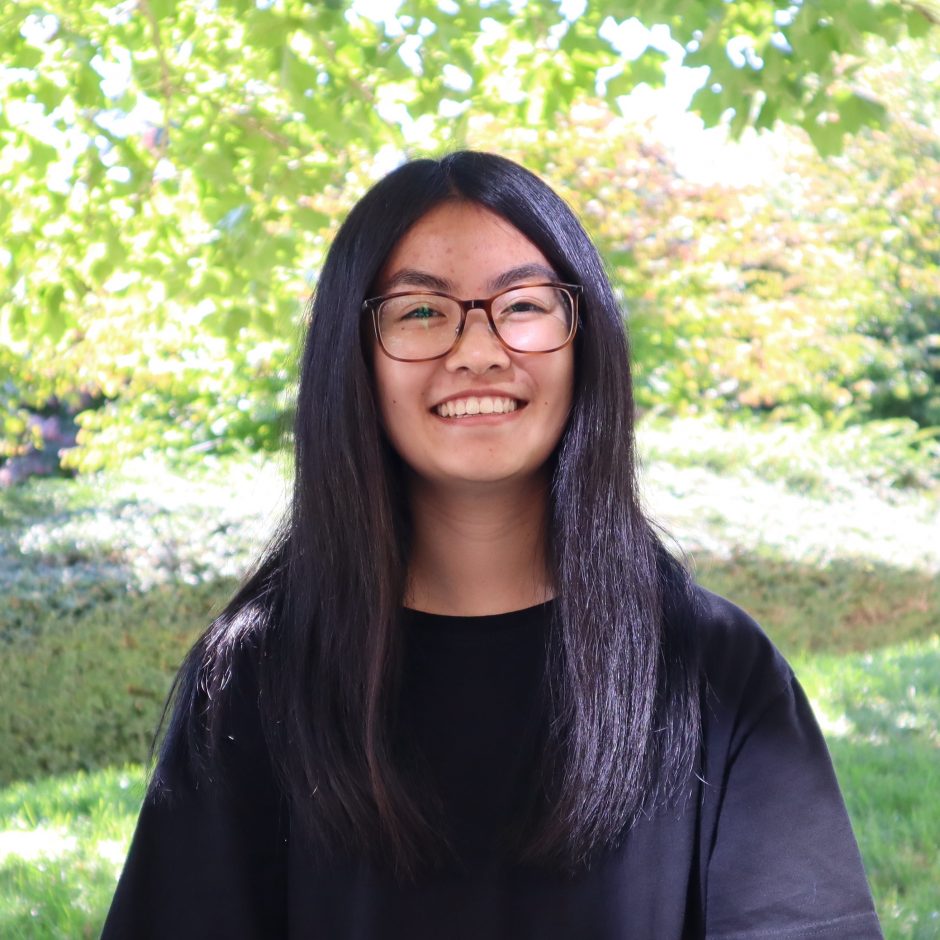
Kaylan Mah
Faculty of Arts
It has been so meaningful to realize that I can do work at the intersection of my writing/content creation skills (which I have also grown a lot in through this role), and my passion for ethically engaging with communities around various social justice issues. Over the past year and a bit I have been with CCEL and CAM, I realized that communications is a role I would love to work in as a career!

Carmen Wan
Faculty of Science, Masters of Resources, Environment and Sustainability
I believe that students play the most important role as change agents, and I have always hoped to work in a student-led and community-based climate action program. This position has given me the opportunity to fulfill that goal.
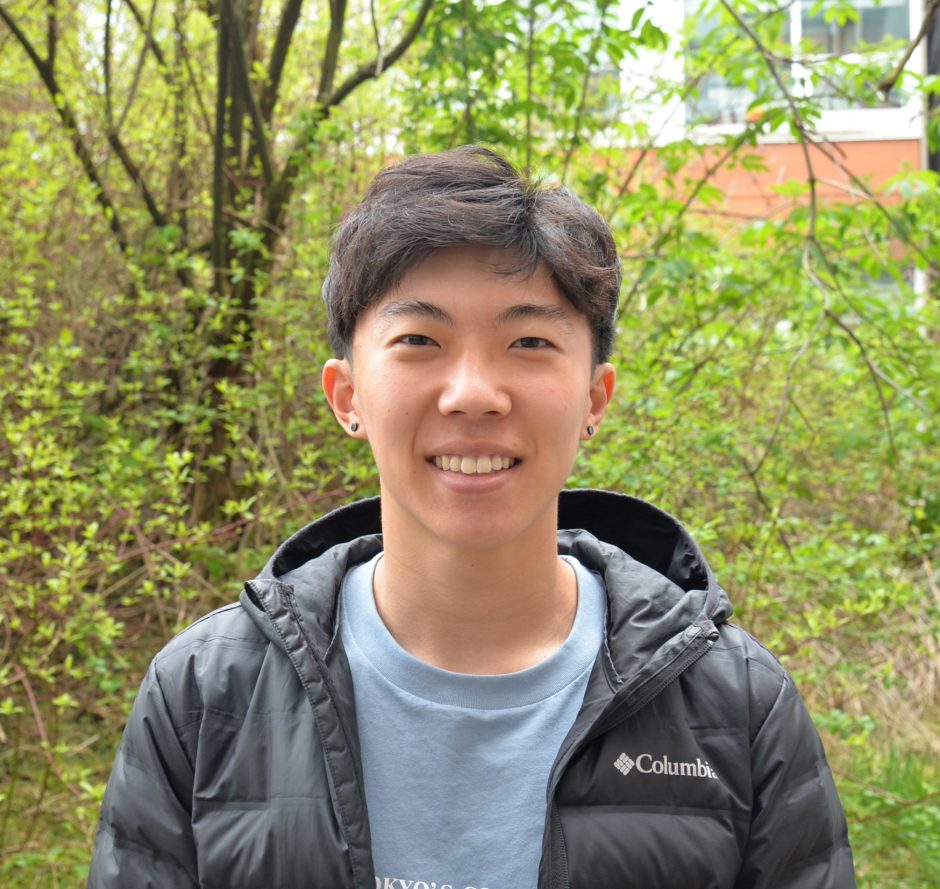
Jeremy Chung
Faculty of Science
For me, being a Climate Action Mobilizer means trying to do my part in giving people the tools to take action in their own neighborhoods to create small-scale changes that can have a bigger impact down the line. I found that a lot of times, people want to make an impact in different local neighborhoods, so our work is about showing them how they can do that in their everyday lives.
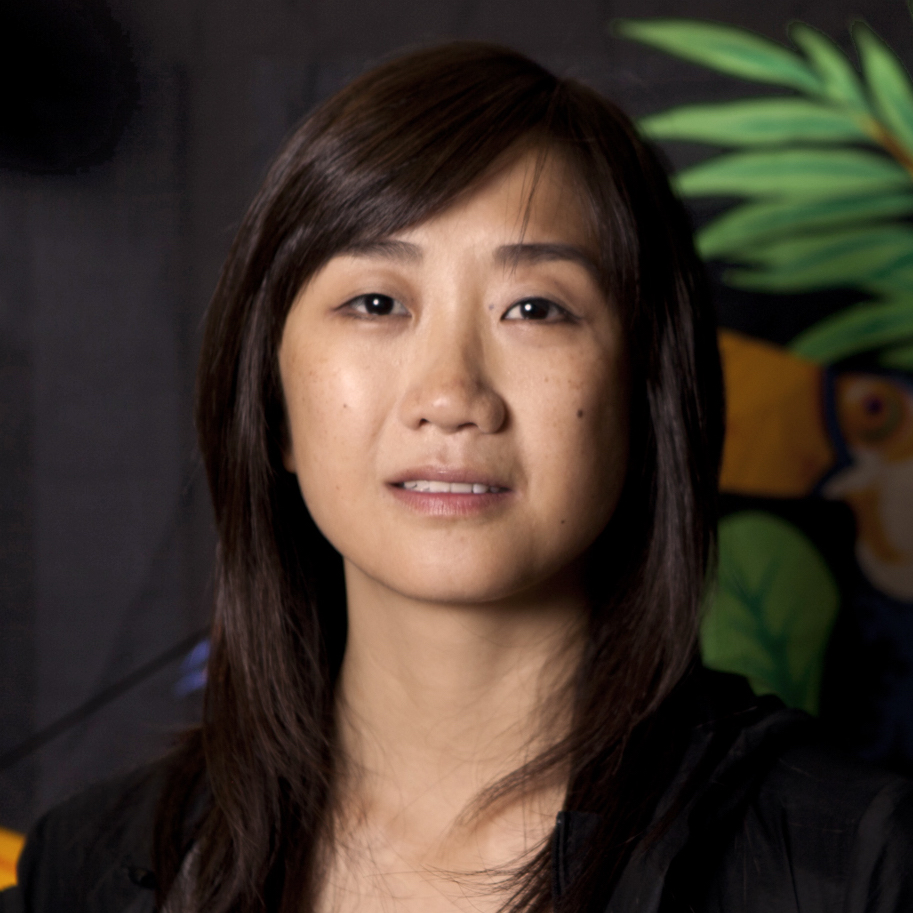
Emily Chan
Faculty of iSchool
I’ve been in a lot of courses where there’s a class or slide about equity and inclusion and privilege of higher education but don’t see any meaningful actions coming from it. With CAM we are actually doing the work – collaborating, and co-designing with community, with marginalized folks. We are not just talking about it.